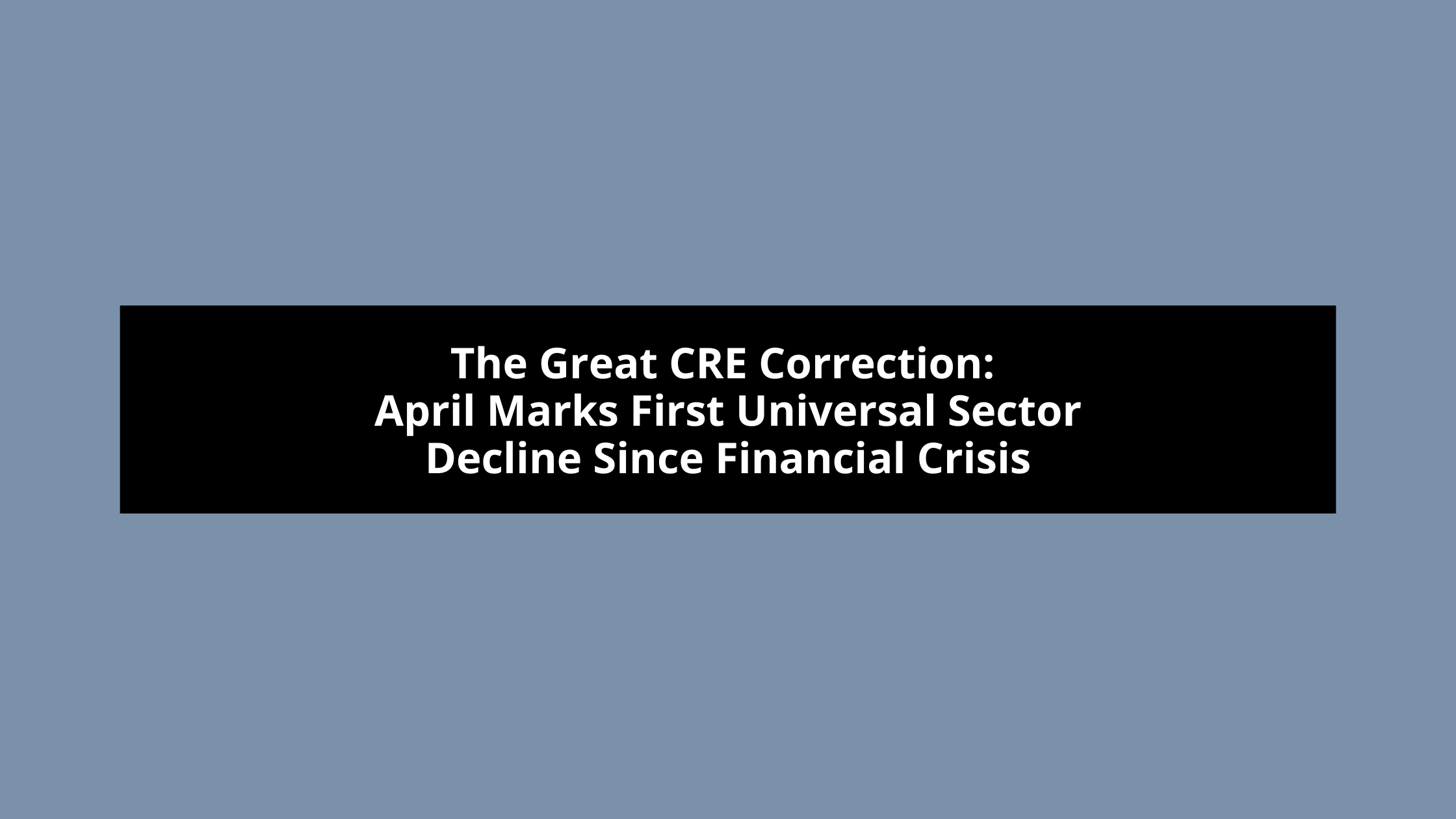Navigating the Evolution: Emerging Trends in Commercial Real Estate Title Insurance
In the ever-evolving commercial real estate landscape, staying ahead of emerging trends is essential for success. With my extensive experience as a commercial title insurance attorney, practicing for nearly four decades, I have witnessed significant shifts in the industry and their impact on transactions. This blog post will delve into the emerging trends shaping the commercial real estate title insurance industry, including technological advancements, regulatory changes, and market shifts.
Technological Advancements:
Technological innovations are changing and revolutionizing how commercial real estate transactions are conducted and managed. From blockchain technology to artificial intelligence, these new tools and platforms are streamlining processes, enhancing efficiency, and significantly reducing costs in the title insurance industry. For instance, blockchain technology has the potential to improve transparency and security in title transactions by providing a decentralized ledger of property ownership records. Similarly, AI-powered algorithms can analyze vast amounts of data to identify potential title issues and streamline the underwriting process. By embracing these technological advancements, title insurance providers cannot only deliver faster, more accurate services to clients but also open up new revenue streams and adapt to the market’s changing demands.
Regulatory Changes:
Regulatory changes at the local, state, and federal levels have a significant impact on the commercial real estate title insurance industry. From updates to zoning regulations and environmental laws to changes in disclosure requirements and consumer protection measures, staying compliant with these evolving regulations is not just important, but essential for title insurance providers. For example, recent updates to the Real Estate Settlement Procedures Act (RESPA) and the Truth in Lending Act (TILA) have introduced new requirements for disclosure and transparency in real estate transactions. Additionally, changes to tax laws and regulations can impact the tax treatment of title insurance premiums and other transaction costs. By staying abreast of regulatory changes and proactively adapting their practices, title insurance providers can ensure compliance and mitigate regulatory risks for their clients, thereby maintaining their reputation and client trust.
Market Shifts:
Market shifts, such as changes in economic conditions, demographics, and consumer preferences, also influence the commercial real estate title insurance industry. For example, fluctuations in interest rates, supply and demand dynamics, and geopolitical events can impact property values, transaction volumes, and underwriting standards. Similarly, demographic trends, such as urbanization, aging populations, and migration patterns, can drive demand for certain types of commercial real estate and influence title insurance requirements. By monitoring market shifts and identifying emerging opportunities and risks, title insurance providers can tailor their services to meet client’s evolving needs and capitalize on market trends.
Emerging commercial real estate title insurance trends, such as technological advancements, regulatory changes, and market shifts, are reshaping the industry and creating new opportunities and challenges for title insurance providers. By embracing innovation, staying compliant with regulations, and adapting to changing market conditions, title insurance providers can position themselves for success in the dynamic commercial real estate market. As an experienced commercial title insurance attorney, I am committed to helping my clients navigate these trends and achieve their business objectives in today’s evolving landscape.
For expert guidance on commercial real estate title insurance, please contact Myles L. Lichtenberg, Esq., at Myles@MylesTitle.com.


